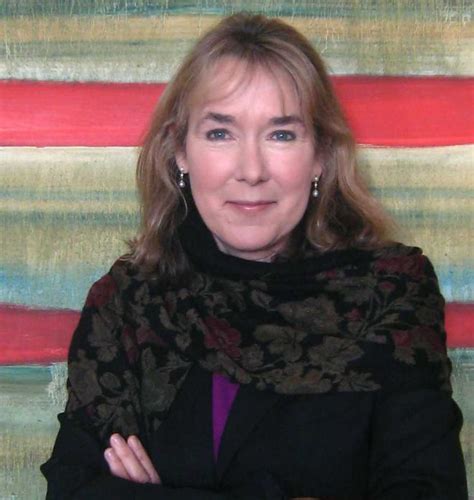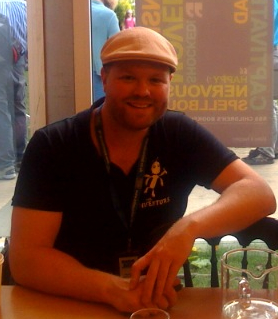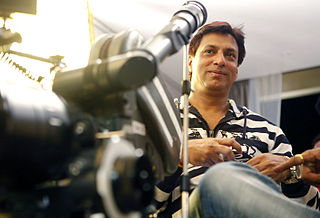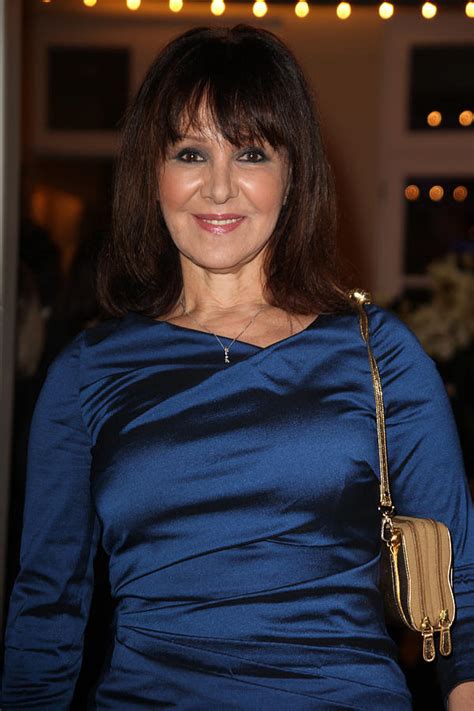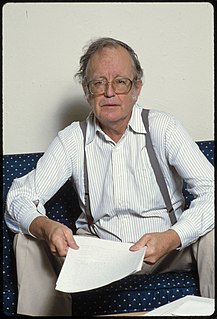A Quote by Leslie Cockburn
When you are on assignment, you stick to the facts, limit your vision, and often cut out the most revealing material. There is no texture, no shades of gray. In fiction, you can bring the reader on the perilous journey with your characters as they discover that war is more like a wilderness of mirrors, full of danger and uncertainty.
Related Quotes
Gettting to know your characters is so much more important than plotting. Working out every detail of your story in advance, especially when you don't yet know your main characters, always seems a little too much like playing God. You're working out your characters' lives, their destiny, before they've had a chance to discover who they are and what kind of people they want to be.
Making reality real is art's responsibility. It is a practical assignment, then, a self-assignment: to achieve, by a cultivated sensitivity for observing life, a capacity for receiving impressions, a lonely, unremitting, unaided, unaidable vision, and transferring this vision without distortion to it onto the pages of a novel, where, if the reader is so persuaded, it will turn into the reader's illusion.
You have sole ownership of your vision. And the Universe will give you what you want within your vision. What happens with most people is that they muddy their vision with “reality”. Their vision becomes full of not only what they want but what everybody else thinks about what they want, too. Your work is to clarify and purify your vision so that the vibration that you are offering can then be answered.
Don't try and change things for other people. Don't try and be persuaded by producers and people to change your vision. If you stick to your vision and you're true to yourself, it kind of works. I mean, it's tough. It's a big Fitzcarraldo journey, but then you'll have your good karma at the end of the day. You'll have your good soul. You know, if you start to sell little bits of it, you, you become nothing and nobody, and you don't have any vision remaining.
As I had visualized, 'Heroine' is shaping up to be a very contemporary film with a different premise and strata. This film, like most of my other films, is a blend of facts and fiction. The film has a larger span, more characters, and costumes... a journey that revolves around an actress's life and the showbiz.
Mirrors are part of my life and an ever-changing source of delight, displeasure or even disaster, depending on which one I am looking in. I look in a magnifying mirror when I pluck my eyebrows in the morning, full-length mirrors every day in rehearsal, and I often nervously bring out a compact to check my make-up.
Make sure your characters are worth spending ten hours with. That’s how long it takes to read a book. Reading a book is like being trapped in a room for ten hours with those characters. Think of your main characters as dinner guests. Would your friends want to spend ten hours with the characters you’ve created? Your characters can be loveable, or they can be evil, but they’d better be compelling. If not, your reader will be bored and leave.
That's the most important thing when you're trying to portray a character for the audience to believe, you have to have the ability to journey in uncomfortable areas in your own personal life - to bring them out and make (the characters) true. Michael Landon is incredible at pulling those (emotions) out of you.
Unlike most wars, which make rotten fiction in themselves - all plot and no characters, or made-up characters - Vietnam seems to be the perfect mix: the characters make the war, and the war unmakes the characters. The gods, fates, furies had a relatively small hand in it. The mess was man-made, a synthetic, by think tank out of briefing session.
Why all this insistence on the senses? Because in order to convince your reader that he is THERE, you must assault each of his senses, in turn, with color, sound, taste, and texture. If your reader feels the sun on his flesh, the wind fluttering his shirt sleeves, half your fight is won. The most improbable tales can be made believable, if your reader, through his senses, feels certain that he stands at the middle of events. He cannot refuse, then, to participate. The logic of events always gives way to the logic of the senses.
The most difficult part of writing a book is not devising a plot which will captivate the reader. It's not developing characters the reader will have strong feelings for or against. It is not finding a setting which will take the reader to a place he or she as never been. It is not the research, whether in fiction or non-fiction. The most difficult task facing a writer is to find the voice in which to tell the story.
